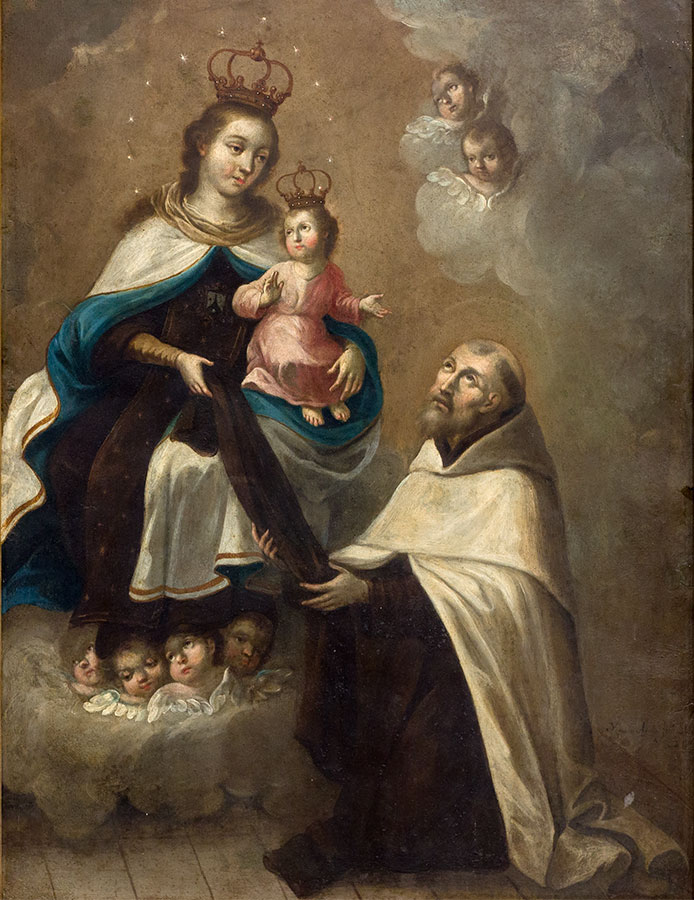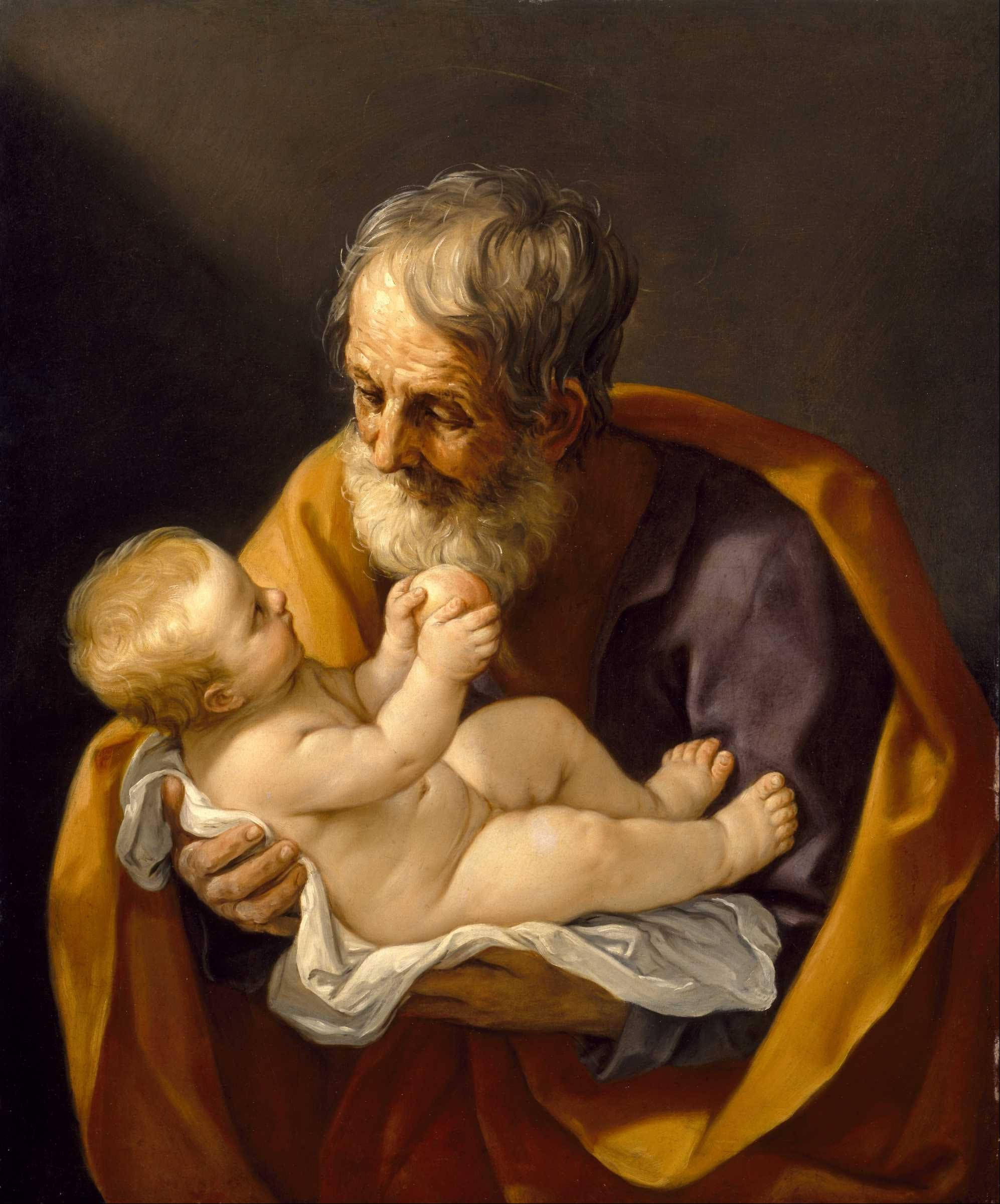Follow Saint Alphonsus Liguori to the manger with The Road to Bethlehem. Today, contemplate the sorrow that it causes Christ when man neglects Him at Christmas.
Meditation
In these days of the holy Nativity Saint Francis of Assisi went about the highways and woods with sighs and tears and inconsolable lamentations. When asked the reason, he answered:
How should I not weep when I see that love is not loved! I see a God become, as it were foolish, for the love of man, and man so ungrateful to this God!
Now, if this ingratitude of man caused so great a sorrow to the heart of Saint Francis, let us consider how much more it must have afflicted the heart of Jesus Christ. He was hardly conceived in the womb of Mary when He saw the cruel return He was to receive from man. He had descended from heaven to enkindle the fire of divine love, and this desire alone had brought Him down to this earth, to suffer there an abyss of sorrows and ignominies: I am come to cast fire on the earth; and what will I, but that it be kindled? And then He beheld an abyss of sins which men would commit after having seen so many proofs of His love. It was this, says Saint Bernardine of Siena, which made Him feel an infinite sorrow:
“And therefore He sorrowed infinitely.”
Even among us it is an insufferable sorrow for one man to see himself treated with ingratitude by another; for the blessed Simon of Cassia observes that ingratitude often afflicts the soul more than any pain afflicts the body: “Ingratitude often causes more bitter sorrow in the soul than pain causes in the body.”
What sorrow, then, must our ingratitude have caused to Jesus, Who is our God, when He saw that His benefits and His love would be repaid Him by offenses and injuries! And they repaid Me evil for good, and hatred for My love. But even at the present day it seems as if Jesus Christ is going about complaining: I am become a stranger to My brethren. For He sees that many neither love nor know Him, as if He had not done them any good, nor had suffered anything for love of them.
O God, what value do the majority of Christians even now set upon the love of Jesus Christ? Our blessed Redeemer once appeared to the blessed Henry Suso in the form of a pilgrim who went begging from door to door for a lodging, but everyone drove Him away with insults and injuries. How many, alas, are like those of whom Job speaks: Who said to God, Depart from us. Whereas He had filled their houses with good things.
We have hitherto united ourselves to these ungrateful wretches; but shall we always be like them? No; for that loving Infant does not deserve it, who came from heaven to suffer and die for us, in order that we might love Him.
Affections and Prayers
Is it, then, true, O my Jesus, that You descended from heaven to make me love You; came down to embrace a life of suffering and the death of the cross for my sake, in order that I might welcome You into my heart, and yet I have so often driven You from me, and said, “Depart from me, Lord; go away from me, Lord; for I do not want You”?
O God, if You were not infinite goodness, and had not given Your life to obtain my pardon, I should not have courage to ask it of You; but I feel that You Yourself offer me peace: Turn ye to me, saith the Lord, and I will turn to you. You Yourself, whom I have offended, O my Jesus, have made Yourself my intercessor: He is the propitiation for our sins. I will therefore not do You this fresh injury of distrusting Your mercy. I repent with all my soul of having despised You, O sovereign Good!
Receive me into Your favor for the sake of the blood which You have shed for me: Father, I am not worthy to be called Your son. No, my Redeemer and my Father, I am no longer worthy to be Your son, having so often renounced Your love; but You make me worthy of Your merits. I thank You, O my Father! I thank You and I love You.
Ah, the thought alone of the patience with which You have borne with me for so many years, and of the favors You have conferred upon me after so many injuries that I have done You, ought to make me live constantly on fire with Your love. Come, then, my Jesus, for I will not drive You away any more, come and dwell in my poor heart. I love You, and will always love You; but inflame my heart every day more and more by the remembrance of the love You have borne me.
O Mary, my Queen and Mother, help me, pray to Jesus for me; make me during the days that are left me in this world live grateful to that God who has loved me so much, even after I have so greatly offended Him.
ooo
This article is taken from a chapter in The Road to Bethlehem by St. Alphonsus Liguori which is available from TAN Books.









